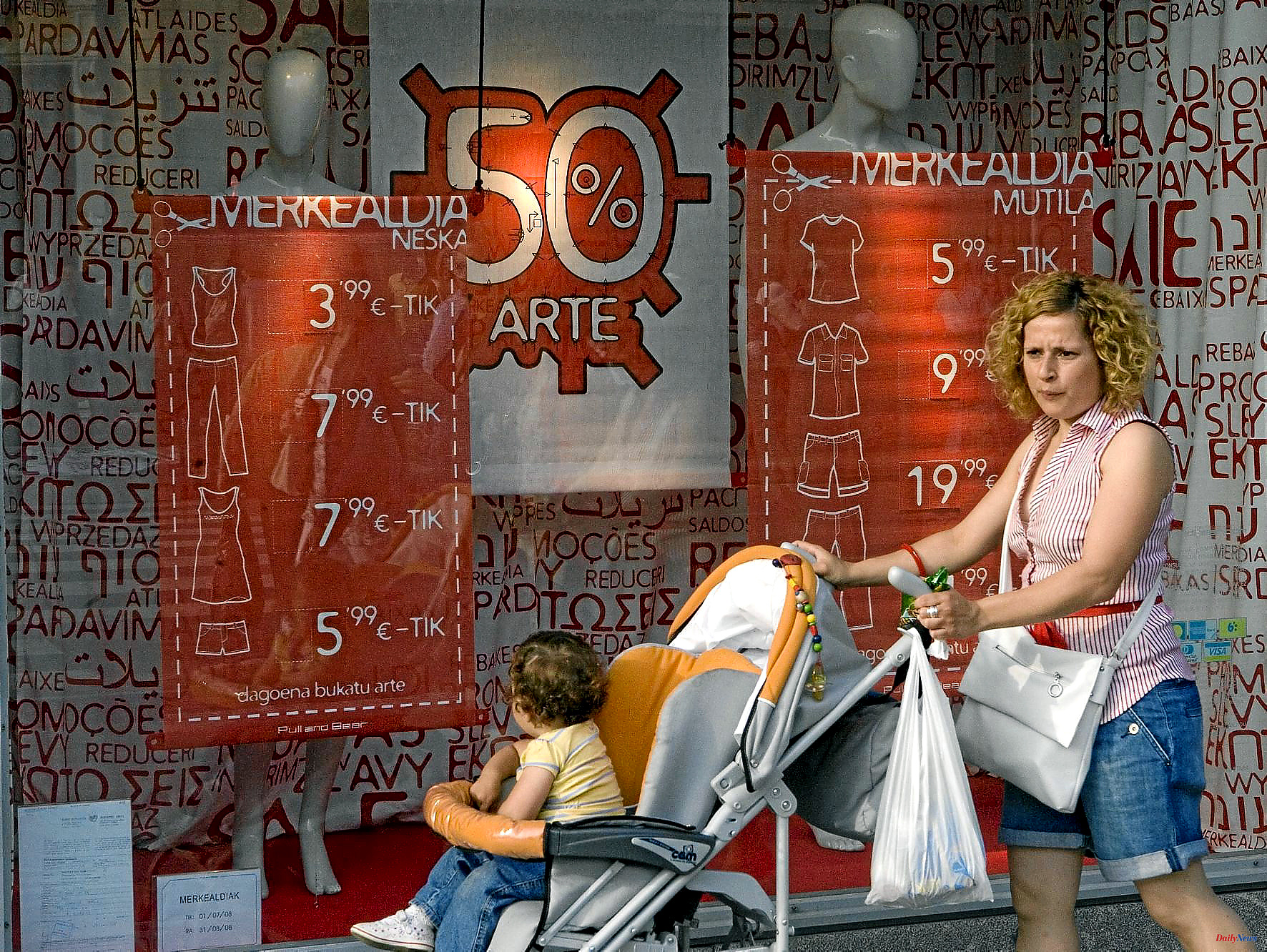The number of people who have had to request a leave of absence to care for their children or other family members has skyrocketed in the first quarter of the year to 12,169 people, 48.5% more than in the same period of the previous year, with a large gender gap: while 10,300 women left their jobs to meet these obligations, only 1,869 men did the same.
This is reflected in the statistics on Birth Benefits and leave of absence disclosed this Monday by the Ministry of Social Security, which reflects that while last year 7,144 women requested this permit, this year 10,300 (3,156 more women) have done so, while the leave of absence for men they have gone from 1,050 to 1,869 (819 more).
The Community of Madrid was the one that registered the highest number of leaves of absence to care for children, minors or relatives (a total of 2,467 in the first quarter, 54.5% more), followed by Catalonia (with 1,873, 35.8% more) and the Valencian Community (1,410, 48.8% more). On the contrary, in La Rioja only 115 people had to request this type of leave of absence; in Extremadura, only 146, and in Galicia, only 370.
The increase in requested leave to care for descendants and other relatives is not matched by an increase in the birth rate in Spain. In fact, in this first quarter of the year, the number of sick leave due to birth and child care fell by 2.9% compared to the same period in 2022 and, according to the latest INE data, in 2021 -the last year for which there is data final- the number of births fell by 1.15% year-on-year.
If fewer and fewer children are being born but more leaves of absence are granted to be able to care for them, this implies that the difficulties for parents to reconcile professional and personal life are increasing, especially in the country's large cities, where distances are greater and the price of housing is higher, which is an obstacle to being able to reside near the workplace.
The impact of inflation on the disposable income of families and on the prices of services, together with the freezing of many salaries in Spain, has also reduced the possibilities of households to hire people to take care of their children. while they are working, or to pay the day-care fee, which in some cases makes it preferable to leave the job and personally take care of the minors.
Regarding the difference by gender, it influences, on the one hand, the historical tradition that women are the ones who take care of the care and, on the other, the salary gap that exists between men and women: if in a family it is the mother the one with the lowest salary, it will be more convenient for the family income if she is the one who requests a leave of absence and temporarily abandons her position to take care of, even if that means a brake on her professional career.
According to the Active Population Survey (EPA) for the first quarter, published last week, between January and March a total of 581,800 women were inactive due to having to take care of sick, disabled or elderly children or adults; while only 54,200 men found themselves in that situation, ten times fewer.
According to the criteria of The Trust Project












